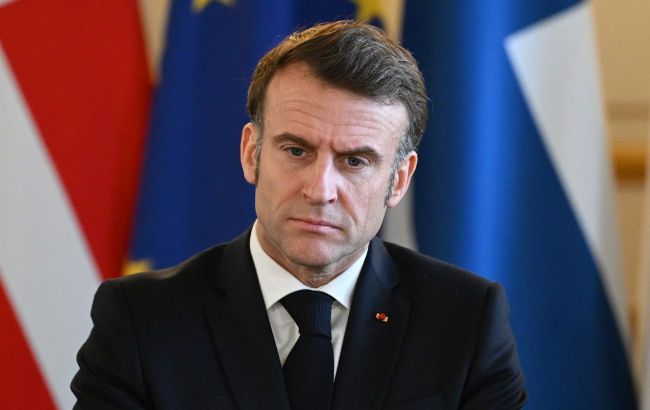Macron explains why EU won’t seize Russia's frozen assets, highlights key detail
 Photo: French President Emmanuel Macron (Getty Images)
Photo: French President Emmanuel Macron (Getty Images)
The European Union cannot confiscate Russia’s frozen assets due to the lack of a legal framework, stated French President Emmanuel Macron in an interview with TF1.
"We don’t have a legal basis to use these assets," Macron told journalists when asked about the potential seizure of Russia’s frozen funds.
At the same time, he emphasized that in the future, it’s important to ensure Russia doesn’t get them back if the unified Western sanctions regime were to collapse.
Russia's frozen assets
After Russia launched its full-scale invasion of Ukraine in 2022, Western countries froze approximately $300 billion in assets belonging to the Central Bank of Russia. The majority of these funds are held in the European Union, primarily in Belgium’s financial center, Euroclear. Additional assets are located in the United States, Japan, and other G7 nations.
These assets remain frozen, and G7 countries have repeatedly emphasized they will not be released until Russia compensates Ukraine for the damages it has caused. Meanwhile, the European Union has already begun using the interest earned from these frozen assets.
According to Ukrainian Prime Minister Denys Shmyhal, Ukraine has already received $1.13 billion under the ERA program, funded through profits generated by these frozen Russian assets.
Belgium has also announced its readiness to help form an international coalition to retain the frozen Russian assets.
Additionally, Switzerland has reported freezing a total of 7.4 billion Swiss francs (about $8.38 billion) in Russian assets - an amount that has grown by nearly $2 billion over the past year.

